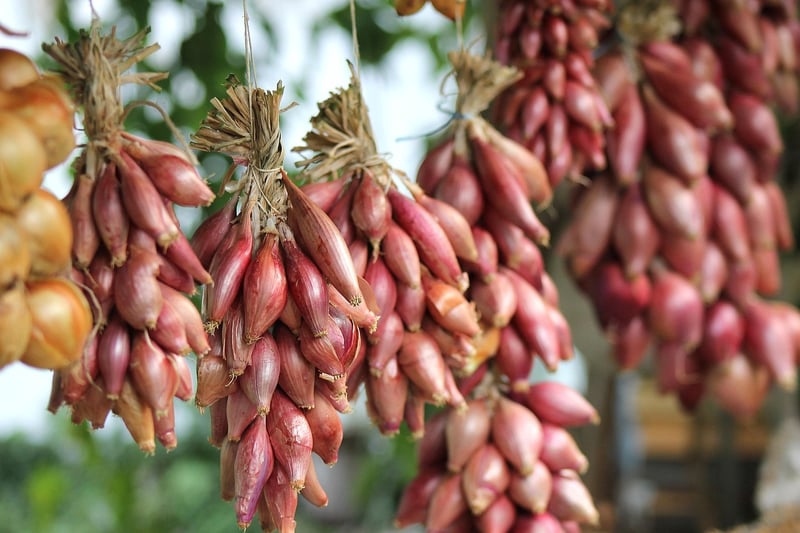Pest Control Methods
Ensuring Plant Health: Effective Pest Control Methods
Keeping your plants healthy is essential for a thriving garden or indoor green space. One of the key aspects of plant care is pest control. Pests can wreak havoc on your plants, causing damage and potentially leading to their demise. To help you maintain the health of your plants, here are some effective pest control methods to consider:
1. Identify the Pest
The first step in effective pest control is to identify the pest that is affecting your plants. Different pests require different control methods, so knowing what you are dealing with is crucial. Keep an eye out for common plant pests such as aphids, mealybugs, spider mites, and whiteflies.
2. Natural Predators
Introducing natural predators to your garden can be an effective way to control pests. Ladybugs, lacewings, and predatory mites are examples of beneficial insects that feed on common plant pests. Encouraging a diverse ecosystem in your garden can help naturally keep pest populations in check.
3. Neem Oil
Neem oil is a natural insecticide that can help control a wide range of pests. It works by disrupting the feeding and reproductive behaviors of insects, ultimately leading to their demise. Neem oil is safe to use on most plants and is an eco-friendly pest control option.
4. Horticultural Oils
Horticultural oils, such as mineral oil or vegetable oil-based products, can be effective in controlling pests like scales, aphids, and mites. These oils work by suffocating the pests and disrupting their cell membranes. Be sure to follow the instructions on the product label for safe and effective use.
5. Trap Crops
Planting trap crops can help protect your main plants from pests. Trap crops are plants that are especially attractive to pests, drawing them away from your valuable plants. By sacrificing the trap crops to the pests, you can reduce the damage to your primary plants.
6. Cultural Practices
Implementing good cultural practices can help prevent pest infestations. Practices such as proper watering, adequate spacing between plants, and regular pruning can help keep your plants healthy and more resilient to pests.

Conclusion
By being proactive and implementing these effective pest control methods, you can ensure the health and vitality of your plants. Remember to monitor your plants regularly, as early detection of pests can make pest control efforts more successful. With a combination of natural solutions and good gardening practices, you can enjoy a pest-free and thriving garden.
References:
https://extension.umn.edu/yard-and-garden-insects
https://www.planetnatural.com/pest-problem-solver/
